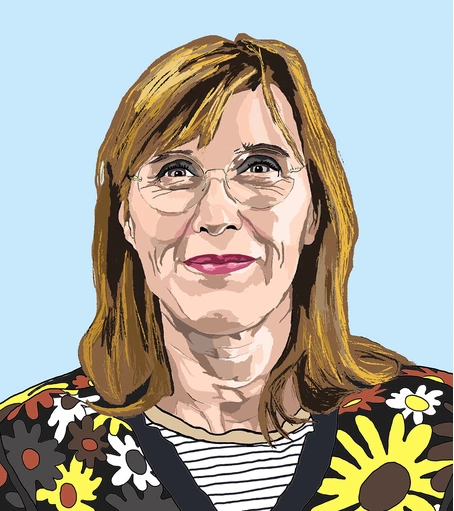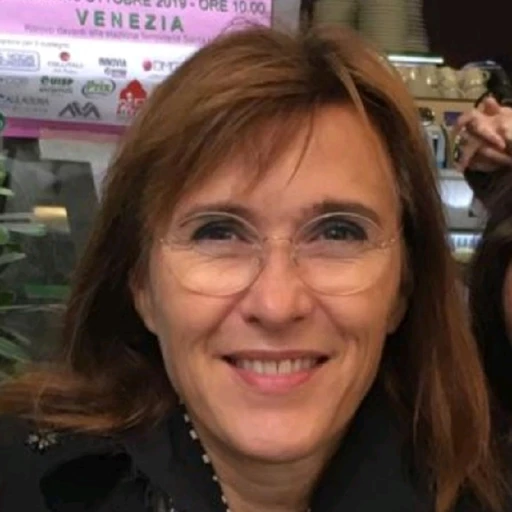
Preface
Catelijne de Muijnck


Catelijne de Muijnck
Catelijne de Muijnck is programme maker of ArtEZ Studium Generale and editor of the online platform for (artistic) research APRIA. In recent years, she has focused on feminist and postcolonial perspectives and on researching the potential of art to intervene in socio-political reality and to actively address current questions about equality and freedom.
Introducing Secure Learning and Culture Environments: Making Cultures in Art Schools
In theory, art schools offer their students an environment that is just as challenging as it is safe to freely develop their artistic vision and capabilities. In recent years, however, a number of incidents exposed that there is a lot of room for improvement in social safety in Dutch art schools.A report, launched 5 June 2023 by the Dutch Education Inspectorate, shows that while art schools consider social safety important for their students by now, there are still few policies in place to prevent excesses in this area
*
For Dutch speaking readers: the report can be read here.
This publication wants to be of help in these conversations and the processes to make art schools move to a consent culture and community accountability, in general to a real culture of trust and care. For this it shares some of the learning that has happened in many spaces and communities over the past couple of years. In the interviews you can find reflections on experiences and processes in creating such safe cultures.
Subsequently, when you yourselves start codifying behaviour or making accountability frameworks for shared spaces this publication shares 11 questions and suggestions to consider. And while the suggestions and questions have been derived from the specific social and professional needs of working in art schools, they offer considerations that we believe are relevant across contexts, and may be useful when attempting to formalise social conduct and behavioural structures in other kinds of organisations or communities.
With thanks to: Thora Dolven Balke (Agder Kunstakademi, Norway), Silvia Gardini (Engagement Arts NL), Anik Fournier (BEAR/ArtEZ, Arnhem), Carmen José (WDKA, Rotterdam), Daniel Giles (Piet Zwart Institute, Rotterdam), Manju Sharma (HKU, Utrecht), and Niels Andree Wiltens (Rijksakademie, Amsterdam).
Finally, I would like to thank Els Cornelis and Delphine Bedel because the idea for collecting input from different processes in creating safe cultures in art education originated in conversations with them while we were preparing the Conference Roadmap to Equality in the Arts that took place at ArtEZ in Arnhem in January 2020.
Finally, I would like to thank Els Cornelis and Delphine Bedel because the idea for collecting input from different processes in creating safe cultures in art education originated in conversations with them while we were preparing the Conference Roadmap to Equality in the Arts that took place at ArtEZ in Arnhem in January 2020.